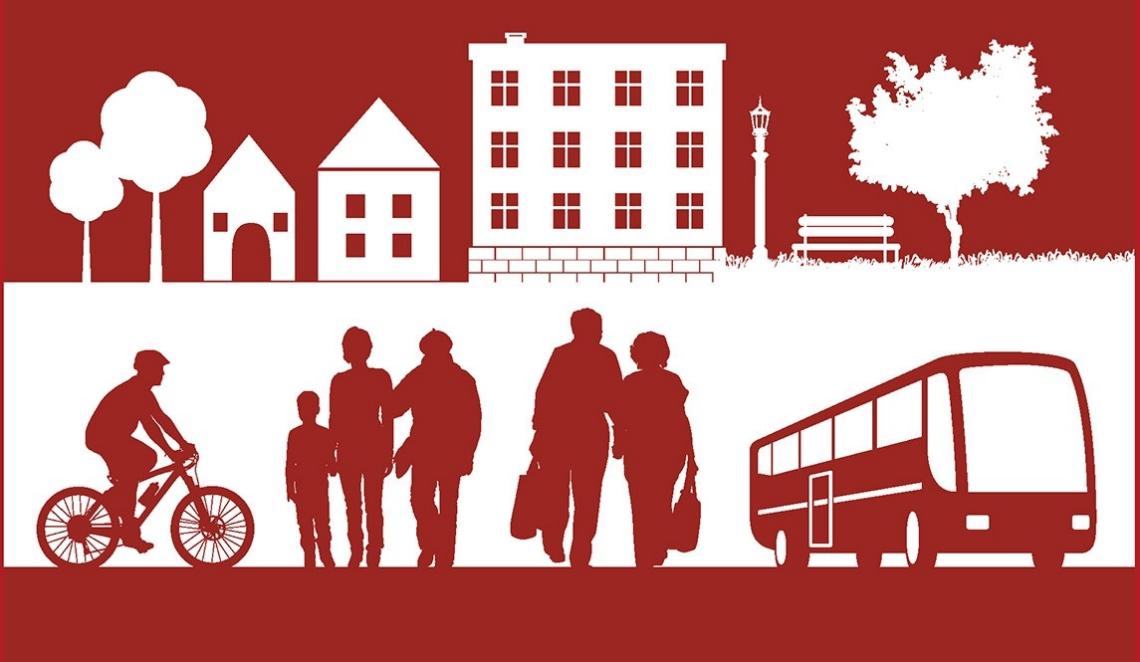AARP Hearing Center


After being diagnosed with Alzheimer’s disease at age 84, Bob Savage fell into a serious depression. “Almost immediately, people started treating me differently,” he explains. “They spoke slowly. They were hesitant to come visit me. They didn’t know how to interact with me.”
He adds: “The stigma was so powerful, I considered committing suicide.”
Two years later, in 2017, Savage, was helping spearhead the Dementia Peer Coalition, a groundbreaking new organization for people with Alzheimer’s disease and other types of dementia. “I found my purpose in life and this is it,” says Savage.
The Dementia Peer Coalition is the first organization in the United States to be created by people with dementia for people with dementia.
The organization has four priorities: to connect people with dementia to one another for mutual support; to advocate for the priorities of people living with dementia; to reduce stigma and raise awareness through community education; and to increase engagement in research.
Cofounder Stephani Shivers, the chief operating officer of community services at LiveWell (formerly the Alzheimer’s Resource Center), in Plantsville, Connecticut, is providing organizational assistance. Cofounder Daniel Belonick, the director of counseling at LiveWell, was instrumental in identifying and clarifying the structure of support groups during the coalition's early days.
“Historically, people with dementia have been told to get their affairs in order and get their name on the waiting list for a good nursing home,” Shivers says. “The coalition changes that narrative by encouraging people with dementia to come forward and share their experiences and advocate for what their needs are.”
Not long after his diagnosis, Savage moved to LiveWell’s assisted living residence for people with dementia. Most of his career was spent in the field of drug and alcohol addiction, where he often encouraged people with addiction to talk openly about their efforts at recovery.
“That whole experience of speaking out is really at the root of the Dementia Peer Coalition,” he says. Since moving beyond depression, Savage has been a fount of creative ideas.
In association with LiveWell and other area providers, he has launched multiple peer led support groups that meet in person monthly and a statewide group that holds virtual meetings. Savage also participates in theater events about dementia and a speaker’s bureau. For example, Savage and others in the group perform in an interactive theater program — called To Whom I May Concern — in which people with dementia describe their experiences.
He and Shivers share a common goal to expand the coalition. “We want to develop a model that can be replicated across the country,” Savage says.
To that end, Savage and Shivers created Empowering Partnerships, a training program and tool kit designed to foster partnerships among people living with dementia, care partners and researchers with support from a Eugene Washington PCORI Engagement Award. (PCORI is an acronym for Patient-Centered Outcomes Research Institute.)
Shivers believes, "learning how to engage in research as partners is key to designing research studies aligned with the priorities of those living with dementia."
Learn more about their efforts and the Dementia Peer Coalition by watching the video below.


























































